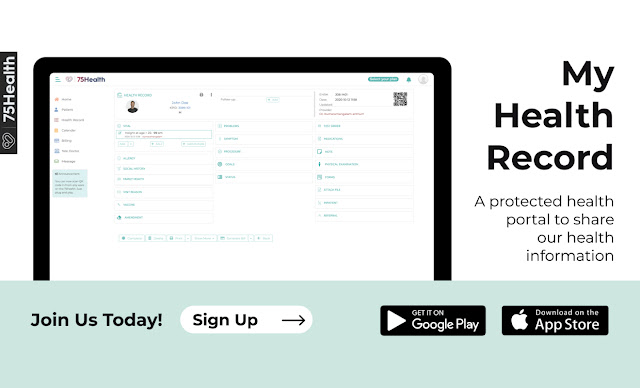My Health Records Use Cybersecurity to Maintain Patient Trust
Now
healthcare providers are so busy focusing on patient care, at the same time they
have to inform patients about cybersecurity safeguarding individual data. Both public
and private healthcare organizations are facing a number of cyberattacks every
year. My Health Records
is the main source to receive information from doctors and are vulnerable to attacks.
It happens if any database has lower levels of security or basic security
controls are not in place.
A
survey conducted in 2018 showed 63% of data breaches are attempted by
third-party providers and healthcare organizations become victims of it. Security
and compliance are important elements to maintain personal data in a secure
way. After the pandemic, most of the
healthcare services became remote and so the same with cyberattacks.
HIPAA
Privacy and Security Rules provide severe guidelines for physicians and
clinical centers to follow strictly. On-time basis, they have to perform a risk
analysis as part of their security management processes to comply with the
requirements. All health care providers are transmitting information in
electronic form through My Health
Records so it is essential to build trust in the long-term and ensure
strong commitment in safeguarding information with advanced securities.
It
has become a corporate social responsibility of healthcare organizations to maintain
patient privacy. To enable secured data sharing without losing control,
healthcare organizations should embrace software with a strong encryption model
following current updates. Not all breaches are committed for stealing purposes,
few are accidental. Today patients use various online services, remembering passwords
is hard for a few people and using a password for many services gives a chance to
cybercriminals.
Large
organizations have more security in place than smaller ones, yet it’s important
for both. Cyberattacks are most likely to stay around forever and we must use
strong encryption software to face them at any time. Awareness is the key,
start educating your patients to use strong passwords for My Health Records to be more effective ask them to use a unique
password different from other services.
All
physicians and medical staff must be trained about HIPPA regulations and the purchasing
checklist should include third-party certification. Giving regular training to
your staff on common scams makes them identify and avoid malware and should analyze
all weblinks and attachments. My Health
Records come with default safety scans to avoid secondary purchases for security
alone.
Any
medical report with grammatical errors and misspellings can often indicate that
they aren’t legitimate. Medical practices are more about precise information and
slight data variation can change the treatment direction completely. This isn’t
to make patients agitated about safety instead self-educate about My Health Records to
know deep security measures taken by organizations for them.




Comments
Post a Comment